If you’ve been thinking about trying freediving and want to become certified, questions you may be asking yourself are ‘What do you learn on a freediving course?’ ‘How will a course help me?’ The short answer is, with Go Freediving you learn how to freedive safely, efficiently and correctly. But what does that involve?
What You Learn On A Freediving Course: The Theory Element
The first theory part of your course is online and completed in advance of the practical elements of your course, meaning you can learn at your own convenience. This part of the course takes most students around 1 – 3 hours to complete and provides a basic understanding of the principles and techniques of freediving.
There are four main topic areas:
Environment
The environments in which we freedive are many – from oceans through to quarries and lakes. This provides us with amazingly diverse playgrounds that we must learn to respect and protect. This section will explain why this role is so important as a freediver.
Physiology
The physiology of freediving can be defined in 4 key elements: conserving energy, equalisation, flexibility and safety. This section covers the diving reflex, lungs and the role of oxygen and CO2, pressure and stretching.
Rescue
The rescue module of this course covers blackout, shallow water blackout and hypoxic fits, describing the causes, symptoms and management of these events.
Management
The management module covers many of the skills and techniques used for freediving – such as equalisation, buoyancy, breathing techniques and the buddying system to name a few.
The remaining two modules of your course: Confined Water Training and Open Water Training are completed during the practical elements of your course.
What You Learn On A Freediving Course: The Practical Element
Kit and Equipment
Your freediving kit can make the difference between a great dive and a very uncomfortable one. All of your kit and equipment is provided, but you will learn what is a good fit and why finding the right kit is so important. You will also learn the best way to put your kit on (hint: hair conditioner) and why if you have a beard, petroleum jelly is a must!
Land Based Training
Freediving is not just about what you actually do in the water. There are a number of land based techniques that freedivers need to use in order to maximise performance in the water and to ensure they have a safe, comfortable, relaxed dive.
During the practical elements of the course you will have at least three classroom based sessions across the two days of your course. These are designed to reinforce and complement your home study work and ensure students have a practical and deep understanding of the techniques, such as equalisation that they will be practising under the water and the variety of breathing exercises that need to be applied during the course.
You will also learn how to complete log books and record dive data.
Stretching, Breathing Exercises and Relaxation
As you progress through your freediving course you will discover that in order to freedive successfully, a major factor is not necessarily fitness, age or build, but is in fact the ability to relax and control your breathing – which often comes as a surprise to students.
Students will be encouraged to try the various breathing techniques that are proven to maximise the amount of time you are able to spend under the water. It covers how to breathe before and after a dive and how to take the most effective pre-dive breath.
A very complementary activity for freediving is yoga as this also focuses on breathing and relaxation.
Yoga nidra for diving is a specific yoga nidra recording that Go Freediving head instructor and yoga nidra expert Emma Farrell has developed to help both scuba divers and freedivers. Yoga nidra literally means ‘yogic sleep’ and is a profoundly deep relaxation practice, taking you deeper than hypnosis or other guided relaxations – something that has helped many of her students improve performance with.
Students are taken through a series of stretches for the whole body to reduce the risk of injury or discomfort and specific stretches for diaphragm flexibility.
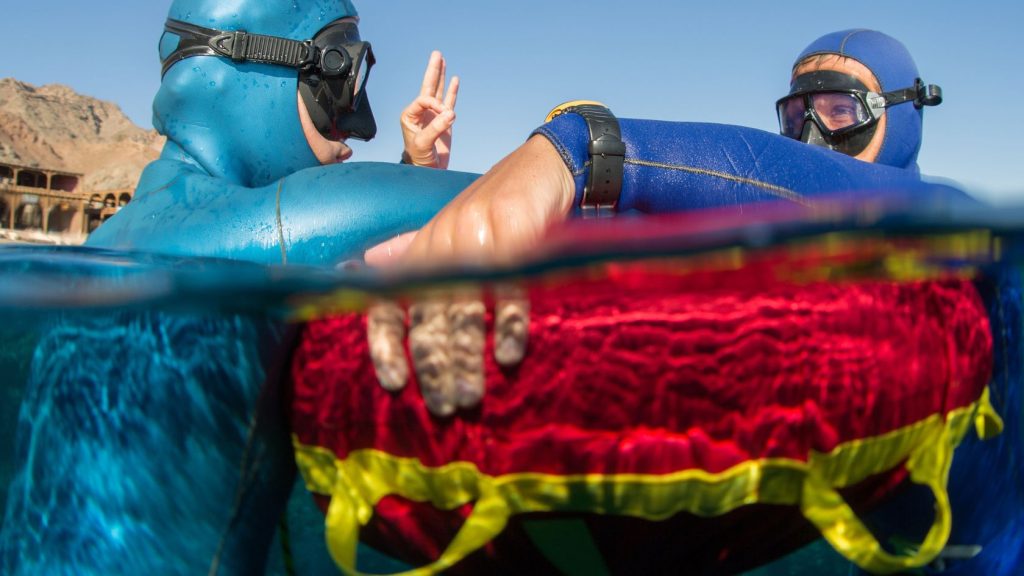
Buddy and Rescue Techniques
As with all sports, freediving does have risks. To reduce these risks Go Freediving will ensure all students can perform safe buddying techniques as well as being able to rescue from depth and surface.
These techniques are transferable to any water based activities and are a vital skill to ensure both yourself and your buddy have complete confidence in each other during every dive.
Buoyancy and Dive Techniques
Learning how to find the correct buoyancy is just as important as learning your diving techniques. There is nothing more frustrating that repeatedly bobbing back up to the surface, or to be wasting energy working against your buoyancy to try and get to the depth you want to.
During the course you will learn how to manage your buoyancy with correct weighting and will learn the most efficient way to enter and exit the water and also dive down. You will also learn techniques such as the duck dive, finning and other freediving techniques.
Learning to Freedive is Fun
We hope all of our courses provide a memorable, fun-filled learning experience for all of our students. Not only do they learn new skills and discover their true potential, but they also make great friend
What Do You Learn On A Freediving Course With Go Freediving?
Go Freediving is the longest established, most experienced and friendliest freediving course provider in the UK, led by world class freediving instructor trainer Emma Farrell, and her team of personally trained instructors. No other course provider has such a good instructor to student ratio, safety record and personal touch.
Whether you’re a beginner dipping your toes into the world of freediving, a seasoned pro looking to turn professional, or simply a freediver of any level who wants the best freediving holiday in the world, we’re here for you!
Also check out our online guide, The Beginners Guide to Freediving by clicking here!
Want more from Go Freediving?
Scroll to the bottom of our webpage where you can sign up to our newsletter, find the dates for all upcoming trips and courses, read even more blogs, or connect with us on social media!
See you in the water!
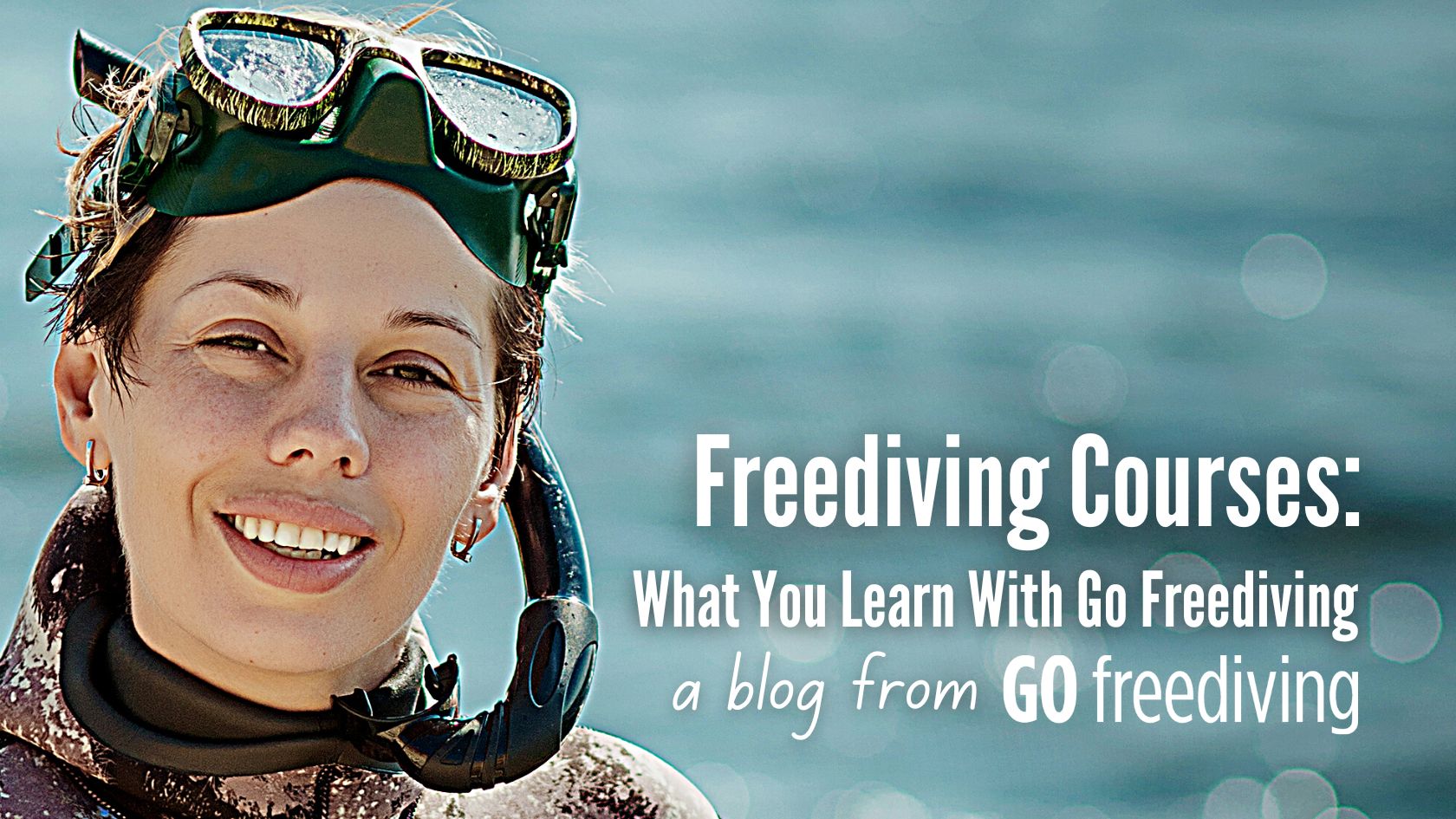
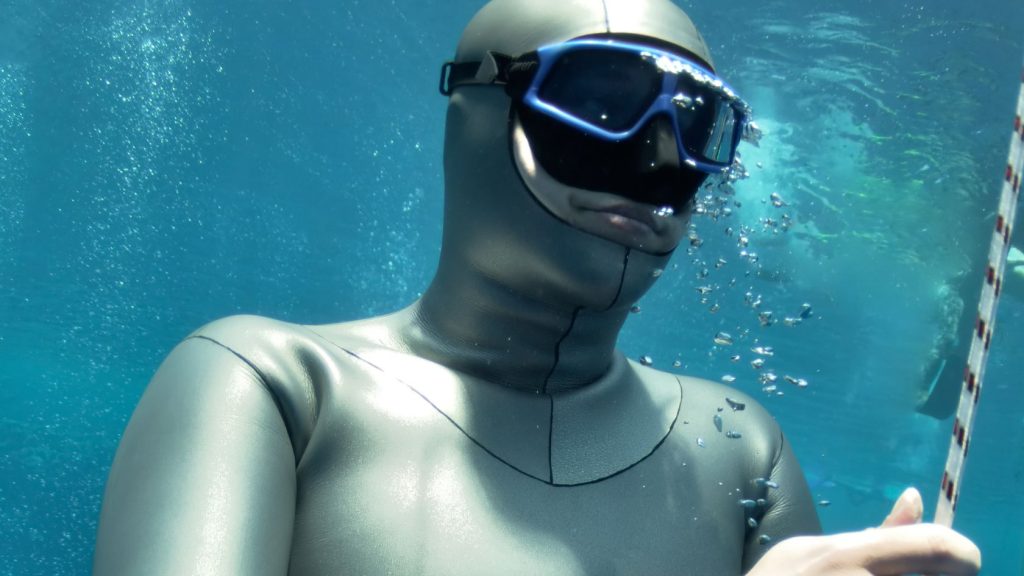
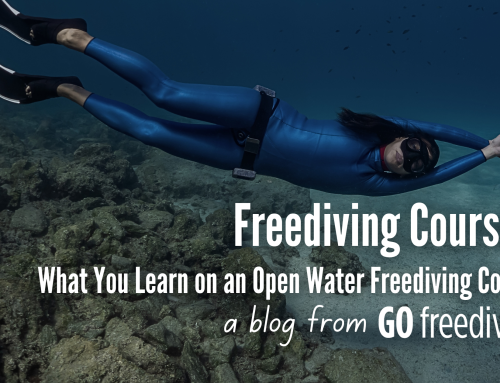
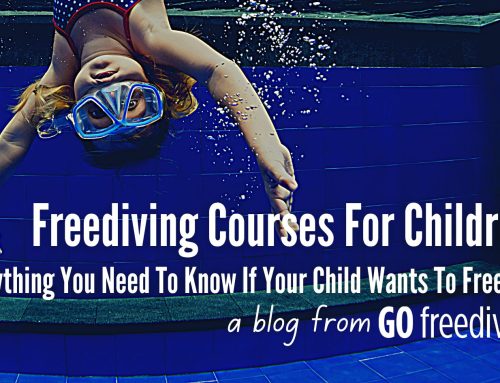
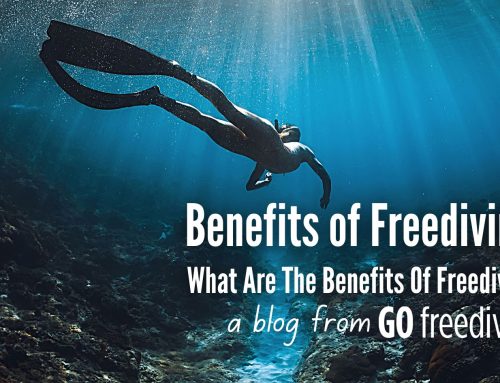
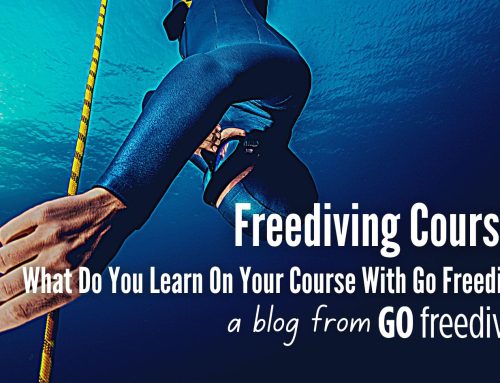
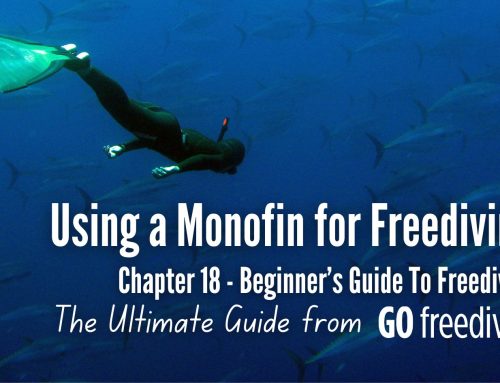
Leave A Comment